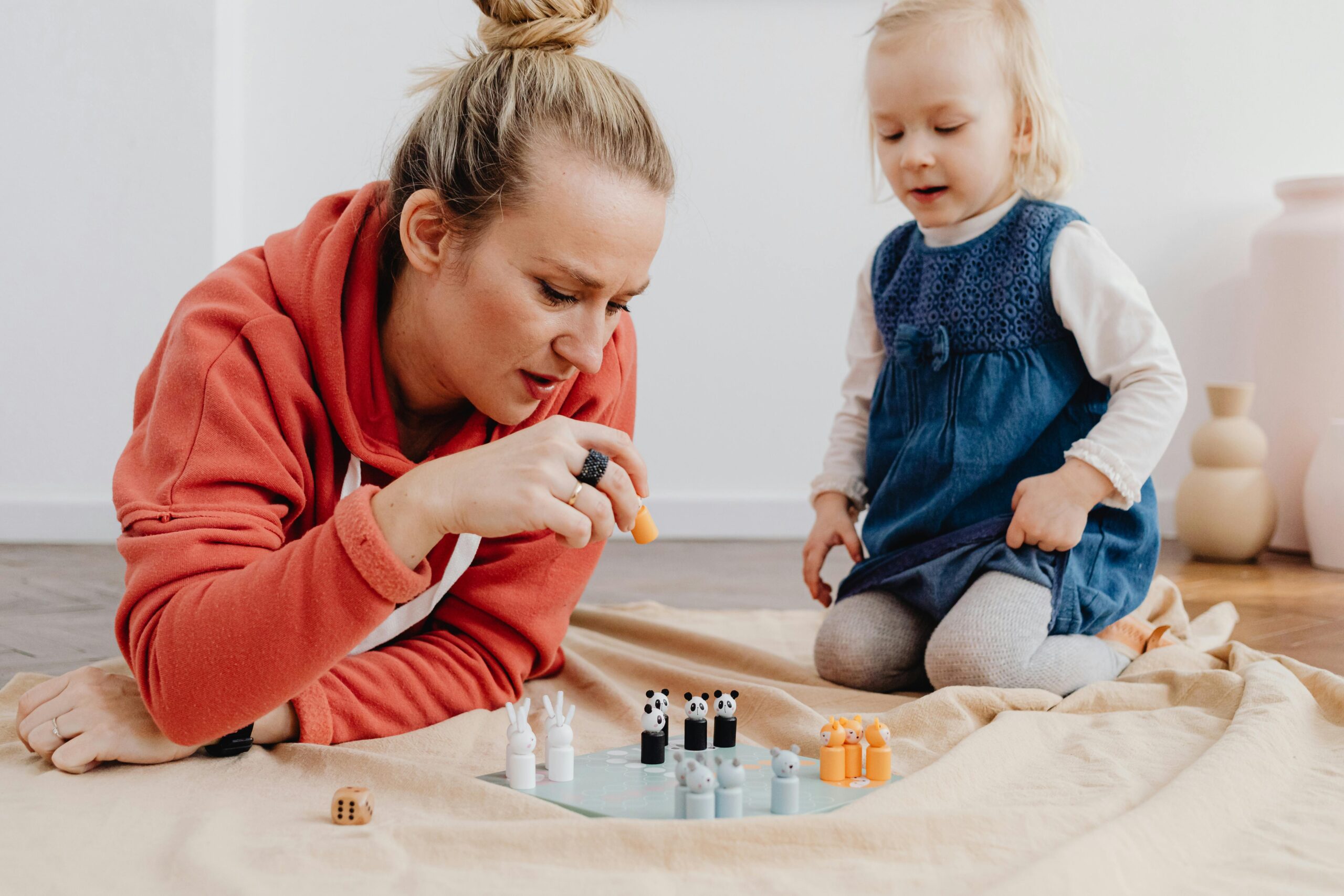Tired kindy kids?
Have you noticed your kindergarten-aged child can be full of energy and enthusiasm one minute, and then suddenly become lethargic and tired the next? While it may seem surprising that such young children could experience fatigue, it’s actually a common occurrence – especially towards the end of the first term. As they adjust to a new routine and navigate the physical, mental, and emotional demands of kindergarten, it’s not unusual for these little ones to feel worn out and in need of a break.
As parents you might be seeing more meltdowns in the afternoons, cranky behaviour or children who are hard to get out of bed in the mornings!
Rest assured, this is a normal part of the transition in the learning journey. Let’s explore why our kindergarten children are so tired so we can better support them and meet their needs.
Starting is Hard
Starting something new is just hard, even for the most confident kids! They may need time to adjust to the new schedule, rules, and expectations. As a result, they may feel exhausted as they try to adapt to this new environment.
Kindergarten Days are Busy
Even if your child has been attending an Early Learning Centre or Childcare Centre since they were little, the transition to the Kindergarten room is a BIG change! There is a lot of fun, a lot of play and a lot of learning packed into each day. The children are exposed to many new experiences and challenges so it’s no wonder that they come home tired.
Bigger Kids – Bigger Expectations
As teachers and educators, we have higher expectations of Kindergarten children. Most will be moving to formal school (prep) in the following year and we want to give them the best foundations possible. Children will be asked to:
- listen closely and follow multi-step directions
- manage their own belongings and toileting
- share, take turns and negotiate with a wide variety of peers
- care for their environment.
How can parents support them?
Keep consistent routines
Where possible, minimise other changes and stick to your regular routines. Stay home in the evenings and keep a consistent bedtime routine. Having consistent routines helps children to feel safe and secure.
Provide opportunities for rest
While they are adjusting to Kindergarten, your child may need some extra downtime. This might be bringing bedtime forward for a few weeks, having an afternoon nap on the weekends or saying no to lots of weekend activities. You could also think about taking a term off swimming or other extracurricular activities while they adjust.
Here is an article exploring how much sleep kindergarten children need.
Early pick up
If your schedule allows it, try picking your child up earlier some days, they might appreciate an afternoon on the couch watching TV and an early bedtime. Or they might like to go to the park and spend some focused 1-on-1 time with you.
Be understanding and supportive
Sometimes our children just need to know that we support them, love them and are there for them. When your child’s behaviour is different to normal there is usually a good reason for it. Offer plenty of encouragement and support, If we can give them a little extra love and grace they will usually bounce back in a few weeks.
By following these tips, you can help support your kindy kid and ensure they have the energy and motivation they need to thrive throughout this magical time.
.
.
Mt Coolum Early Learning runs a Queensland Government Approved Kindergarten program. Book your tour of our centre here.







